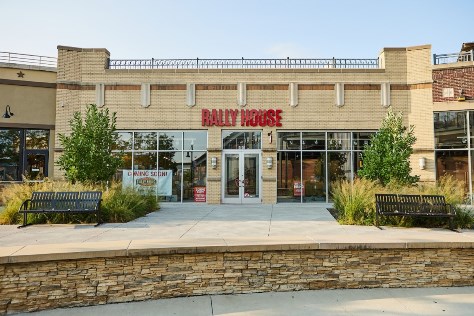Utilities purchased a combined $1 billion in excess natural gas charges during storm
by Allison Kite, Kansas Reflector
Kansas’ largest natural gas utility has resisted releasing records about what suppliers charged it during the historic cold snap in February that saw prices rise by more than 200 times. But according to a new filing, it has already disclosed much of that information.
In February, when temperatures in Kansas City plunged below 15 degrees for 10 days, natural gas prices went from a few dollars per MMBtu to $300 and $600 on some days. Kansas regulators are reviewing utilities’ plans to pass $1 billion in excess natural gas costs onto ratepayers, stretched over years.
Some large-scale customers have balked at the plans, pushing for more information about what suppliers charged Kansas utilities, particularly Kansas Gas Service, such high prices. But KGS has resisted those calls, saying its supplier invoices are confidential information.
But in a filing more than a month ago, KGS disclosed its suppliers and how much it paid each of them during the storm. A key piece of information missing is how much it paid per MMBtu, which would allow for comparison between companies.
“It seems to us to not be reasonable to say … 90% of what’s in the invoice is public, but 10% is not. That doesn’t seem to make logical sense to us,” said Jim Zakoura, an attorney representing the Natural Gas Transportation Customer Coalition, a group of large-scale business customers.
Zakoura filed with the Kansas Corporation Commission Wednesday asking commissioners to reconsider their earlier decision to deny his petition to release KGS’ invoices.
“It highlights the fact that in five days the market was so dysfunctional, in our opinion, that it caused a run-up of $1 billion,” Zakoura said.
Dawn Tripp, a spokeswoman for KGS, said documents the utility has filed with KCC are fully accessible to the agency’s staff, the attorney general’s office, Zakoura’s client and other consumer and business groups.
“Specific information about the pricing structure of the agreements we have with our natural gas suppliers and the prices paid are confidential,” she said.
Tripp said KGS has disputed charges with one supplier, Southwest Energy, reducing the cost of gas by $5.6 million. Another dispute, with MacQuarie Energy, is worth nearly $15 million and pending.
KGS is requesting to pass on more than $451 million in natural gas costs and carrying fees, the largest total of the Kansas utilities, and recover it from ratepayers over five, seven or 10 years. The change would increase the average customer’s bill anywhere from about $4 to $11 per month.
Kansas Reflector stories, www.kansasreflector.com, may be republished online or in print under Creative Commons license CC BY-NC-ND 4.0.

